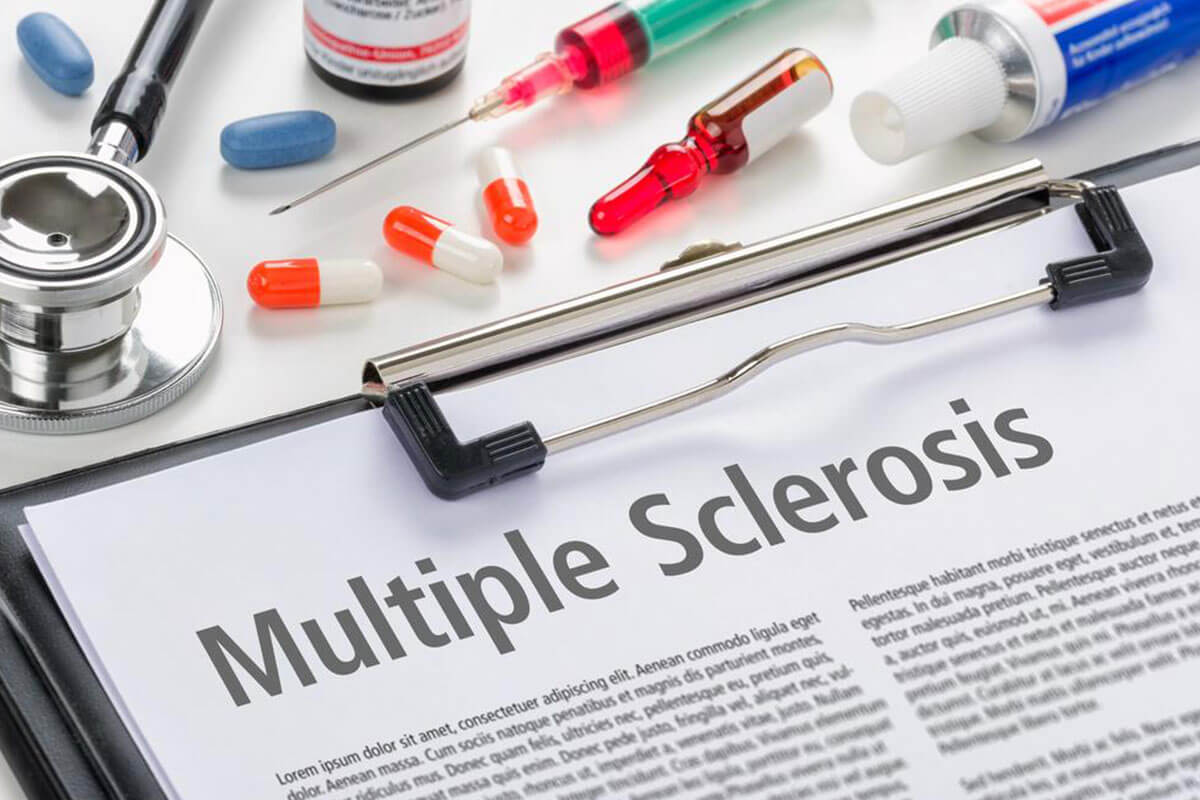Innovative Treatments Offer New Hope for Managing Multiple Sclerosis
Emerging therapies for multiple sclerosis are revolutionizing disease management with promising new medications and innovative treatment techniques. From immune-modulating drugs like Aubagio and Tecfidera to novel approaches like myelin peptide patches and cognitive therapies, recent advances are helping patients achieve better mobility, cognitive health, and overall quality of life. Although a cure remains a future goal, these developments provide hope and improved outcomes for individuals living with MS. Personalized and combination therapies are central to modern MS treatment strategies, making management more effective than ever before.

Innovative Treatments Offer New Hope for Managing Multiple Sclerosis
Advancements in multiple sclerosis (MS) therapies are transforming patient care, providing more effective management options for this chronic condition.
Multiple sclerosis is a complex, lifelong neurological disorder that impacts the central nervous system. It involves the immune system attacking the protective myelin sheath surrounding nerve fibers, resulting in disrupted nerve signal transmission. This disruption manifests in various symptoms such as muscle weakness, difficulty walking, vision disturbances, cognitive challenges, and sensory issues. The severity and presentation of MS symptoms can differ widely among individuals, making personalized treatment essential.
While a definitive cure for MS remains elusive, recent scientific discoveries and novel treatment options are significantly improving disease management. The primary goal of current therapies is to reduce the frequency of relapses, slow disease progression, and enhance patients' quality of life. Combining pharmacological treatments with lifestyle modifications, supportive therapies, and mental health support can empower patients to better cope with their symptoms and maintain functional independence.
Recent breakthroughs in MS treatment focus on innovative medications and emerging therapies:
Ampyra (Dalfampridine)
Ampyra, also known by its generic name Dalfampridine, is a potent potassium channel blocker designed to enhance nerve signal conduction. This medication specifically targets mobility impairments caused by nerve conduction deficits. Clinical studies, particularly those supported by the National MS Society, have demonstrated that Ampyra can significantly improve walking speed and leg strength, thereby helping patients regain some level of mobility and independence.
Teriflunomide (Aubagio)
Since its approval in 2012, Teriflunomide—marketed as Aubagio—has been a cornerstone oral disease-modifying therapy. It works by modulating the immune system to decrease the frequency of relapses and slow the progression of disability. Its oral administration offers convenience and improved adherence compared to injectable therapies, making it a popular choice among patients seeking effective disease management.
Dimethyl Fumarate (Tecfidera)
Approved in 2013, Dimethyl Fumarate, under the brand name Tecfidera, is primarily prescribed for relapsing-remitting MS (RRMS). It exerts anti-inflammatory effects by reducing immune system attacks on myelin. This leads to fewer new lesions, decreased disease activity, and a slowdown in disability progression. Patients using Tecfidera often experience fewer relapses and better control over disease symptoms.
Therapeutic Myelin Peptide Patches
Recent research exploring non-invasive treatments has highlighted the potential of myelin peptide patches. When applied over extended periods, these patches show promise in decreasing the frequency of relapses and reducing lesion formation. This innovative approach could provide a new avenue for disease management, minimizing reliance on systemic medications and their associated side effects.
Story-Driven Cognitive Rehabilitation (Modified Storytelling Techniques)
Building on psychological and neurological research, modified storytelling techniques—such as story-based cognitive therapy—have demonstrated potential in improving cognitive functions among MS patients. Studies conducted by the Kessler Foundation indicate that these therapies enhance mental resilience, memory, and problem-solving skills, contributing to an overall better quality of life for patients dealing with cognitive decline.
Ongoing research and substantial funding continue to drive forward the search for a cure for MS. While a complete remission remains an aspirational goal, the current landscape of treatments offers hope by enabling better disease control, minimizing relapses, and slowing disability progression. The combination of medical innovation, personalized care plans, and supportive therapies is empowering MS patients worldwide, leading to improved life expectancy and well-being.





